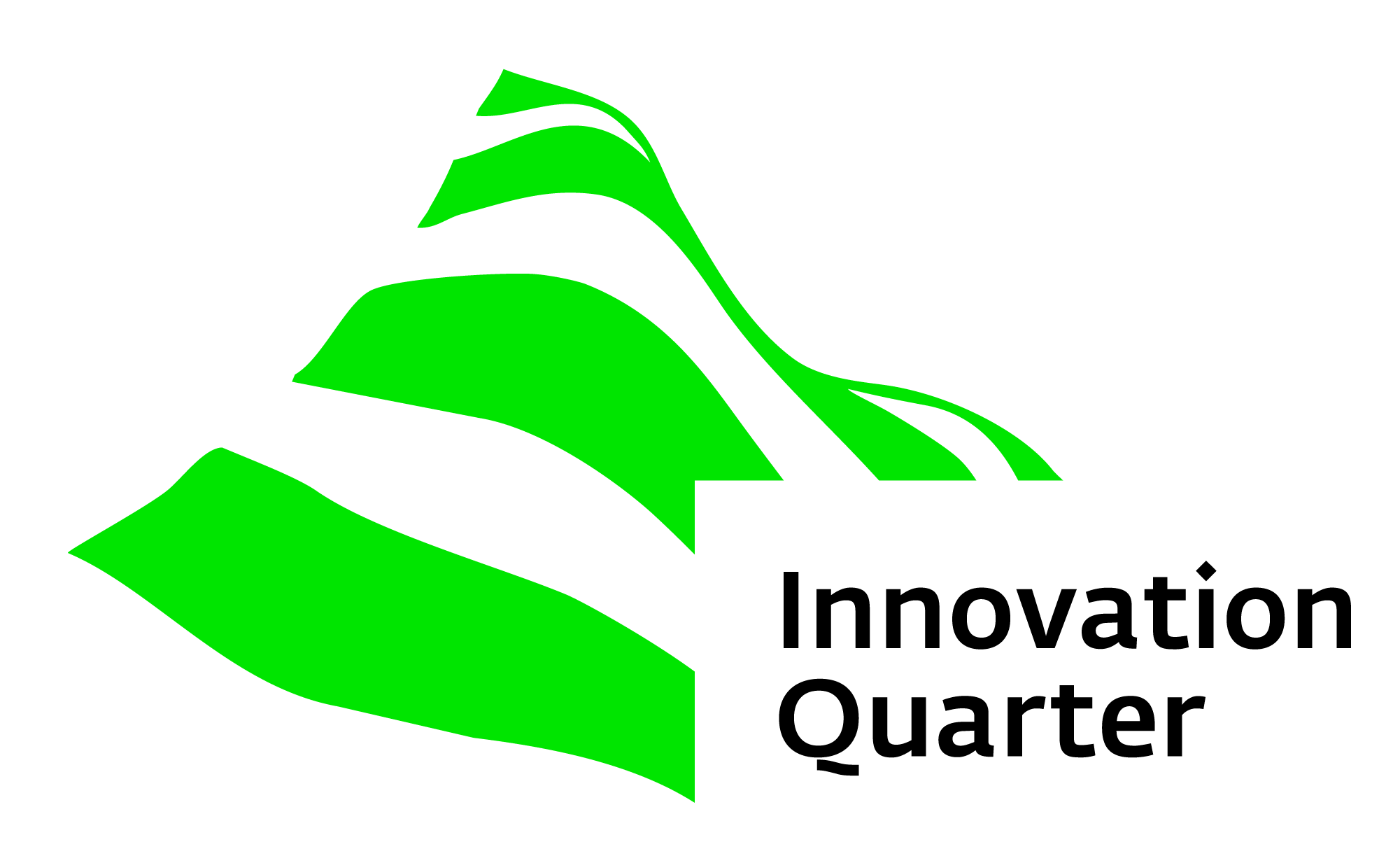

One such company is Vivent who drew inspiration from working with information networks within trains to “look for similar information networks in living things,” as Co-Founder and CEO Carrol Plummer mentioned.
Most companies start by addressing a specific problem or market inefficiency but Vivent’s founders were certain that they would uncover important insights with disruptive market potential by exploring the fascinating ways in which living things use information networks. Once their research showed that they could reliably monitor and interpret these networks and provide unique insights, they developed a strong go to market plan and started building a business. This required intensive product development and Vivent brought together an A-list team in Caleb Carroll (Chief Information Officer), Nick Barker (CTO), and Andrzej Kurenda (Chief Scientific Officer) one of the world’s leading electrophysiologists.
Advanced monitoring for healthier crops
Vivent now offers services to both growers and suppliers in the hightech horticulture sector. For growers, they offer crop health monitoring services and as Carrol explained, “We actually kind of plug into their plants. It’s like a Fitbit for a plant or a wearable for a plant.” Vivent continuously monitors crops, providing alerts for elevated levels of crop stress. This allows growers to identify issues well before visual symptoms are evident. Their biosensor connects to eight plants and Vivent will “install one in the middle of a compartment and one or two more in places in the compartment where the grower expects to have issues. So it could be the northeast corner where it’s cool and damp, and they expect a fungal infection, or it could be underneath vents where they might expect some aggressive insects,” Carrol described. Vivent is also working with companies in a multitude of roles including developing new plant varieties, new substrates, new crop treatments, and more. They help accelerate product development and demonstrate product efficacy by providing real time and constant feedback on how plants are responding.
Preserving expertise for future growers
One of the main challenges Vivent sees in the industry is that head growers are ageing and the transition to younger growers needs to be made while transferring as much knowledge as possible. Carrol illustrated that Vivent’s systems are “capturing the knowledge of the older, experienced, very knowledgeable growers and helping transmit that knowledge to younger growers.” Vivent is a data and technology driven solution, something new growers are interested in as they seek out real time proactive systems. Vivent works with numerous universities and incubators to demonstrate their innovative approach and focus on the future generations of growers. They collaborate closely with Wageningen University in the Netherlands and several other universities in Canada and their home base in Switzerland. The list of incubators they have been a part of is extensive including the MassChallenge, HortiHeroes in Zuid-Holland, EIT Food System Accelerator, and Creative Destruction Lab.


Vivent’s new home in the world’s horticulture hub
Coming from Switzerland, Vivent wanted a location within the EU to expand their business that would allow them to eventually set up a research and distribution hub to service the European market.
With their focus on data driven growing, they required an ecosystem comfortable working with lots of data and “the growers trained in the Netherlands are already great at this,” Carrol pointed out.
Vivent set up their first international expansion location in Westland in Zuid-Holland as it is a world renowned hub for horticulture. Carrol pointed to the massive amount of agricultural technology being developed in the region and the big climate computer providers who are based in Westland as key points for them in choosing the region.
She even added that “there’s just a much bigger experience base in this region of the Netherlands than there is anywhere else in the world.” The region is particularly known for its openness in sharing experiences and welcoming new companies, allowing organisations like Vivent to have a seamless transition to the ecosystem. “Holland also has a fantastic reputation for exporting agricultural knowledge to the rest of the world.
This is also really important to us, and something that we want to participate in, we want to be part of that movement, we want the knowledge to be shared broadly, so that agriculture everywhere can become more sustainable,” Carrol commented. She also pointed to the communities within Tomatoworld and World Horti Center bringing together companies with similar sustainability ambitions as having made the region even more attractive to them.
Sustainability is at the heart of Vivent’s business, and their status as a B Corp. shows that commitment. They hope to go through B Corp. certification for their new Dutch subsidiary as soon as possible. Vivent wants to be a positive influence within the communities where they operate and are a perfect example of the agricultural ecosystem in Zuid-Holland’s focus as a whole. This has only been made stronger by recent investments from PYMWYMIC, an impact investor, and Horticoop, a group of over 400 growers from the Netherlands many of whom are based in Zuid-Holland. With these investments Vivent hopes to quickly grow its Dutch subsidiary by hiring another commercial focused employee to work alongside their Dutch Commercial Director, Carl Rentes, as well as hiring more plant scientists. Their client base within the Netherlands is already impressive, including Fundamental Systems, Maarel Orchids, and large seed companies.
A welcoming ecosystem
The combination of a welcoming ecosystem, potential clients in the region, and a focus on innovation and sustainability have led to Vivent’s new home in Zuid-Holland.
As Carrol put it, “it’s probably the most developed ecosystem in the world and so I think if you’re in high tech horticulture, if you’re providing services in that sector, you definitely should be speaking to people in the Netherlands.”
But she made sure to point out that there are other important clusters of greenhouses in the world including in Turkey, southern Spain, and different parts of Canada. Her advice to those coming to the Netherlands though is to “reach out to people like InnovationQuarter,” because of the strong network, a network that is only strengthened by the introduction of companies like Vivent to the region.



